
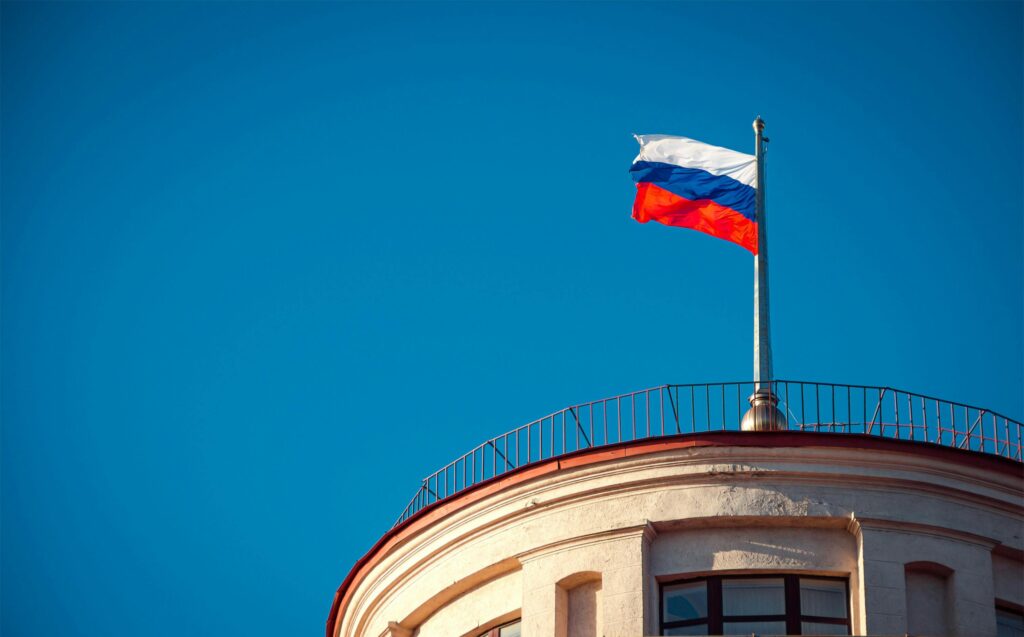
Russian President Vladimir Putin has enacted legislation barring the adoption of Russian children by citizens of countries that allow gender transition procedures. This development aligns with the country’s broader agenda to champion what it describes as traditional values.
The new laws prohibit adoption by individuals residing in nations where gender reassignment surgeries and hormone therapies are legal. Additionally, these measures outlaw material deemed ‘anti-family’, reinforcing policies that Moscow claims are necessary to safeguard the well-being of children and preserve cultural norms.
The country’s stance reflects its increasing opposition to Western social policies, often described as ideologically incompatible with Russia’s. Supporters of the law argue it protects vulnerable children from exposure to progressive ideologies they consider harmful. However, some view it as discriminatory and a further erosion of human rights, warning it may leave orphans in Russia without opportunities for stable homes abroad.
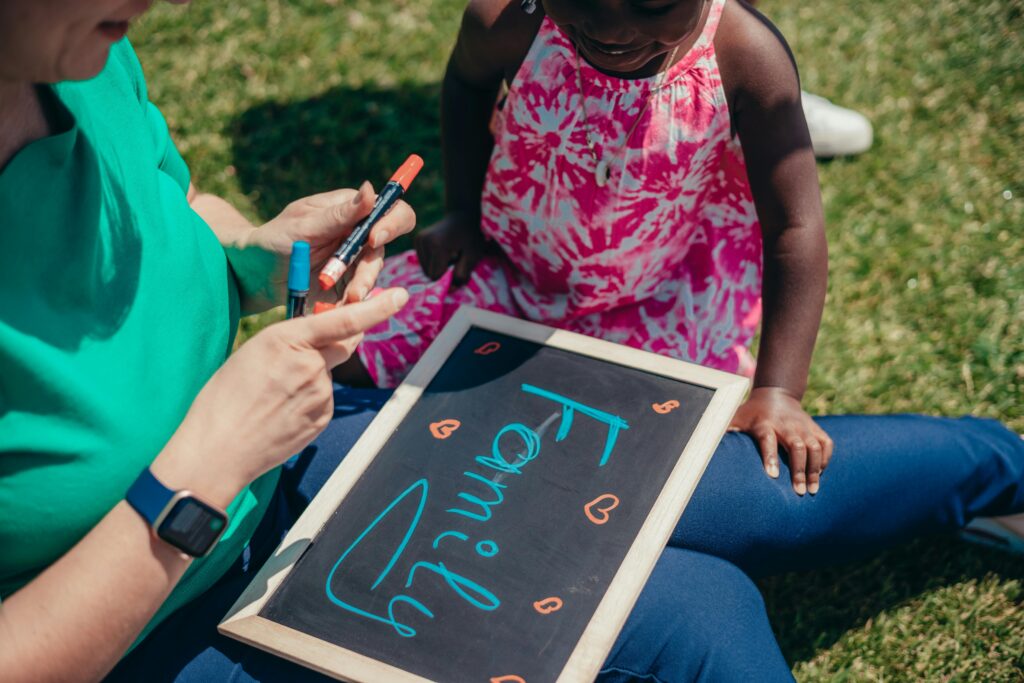
This legislation is the latest in a series of actions taken by Russian authorities to curtail LGBTQ+ rights and associated freedoms. Earlier this year, laws banning gender changes in official documents and surgeries for transgender individuals were introduced.
International observers have voiced concern over the potential diplomatic implications of these measures, which may strain Russia’s already tense relations with Western nations. Advocacy groups have also highlighted the impact on thousands of children in Russian orphanages who could benefit from international adoption.
Russia’s adoption policies have long been restrictive. In 2013, the country banned adoptions by American families following the United States’ implementation of sanctions targeting human rights violations.
President Putin and government officials have defended the policy as essential to upholding national sovereignty and protecting traditional family structures, despite growing criticism from human rights organisations.

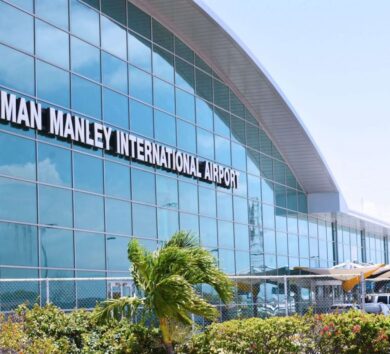

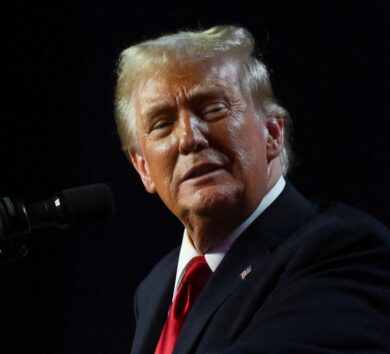

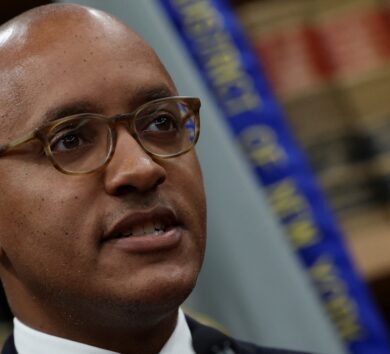

Comments